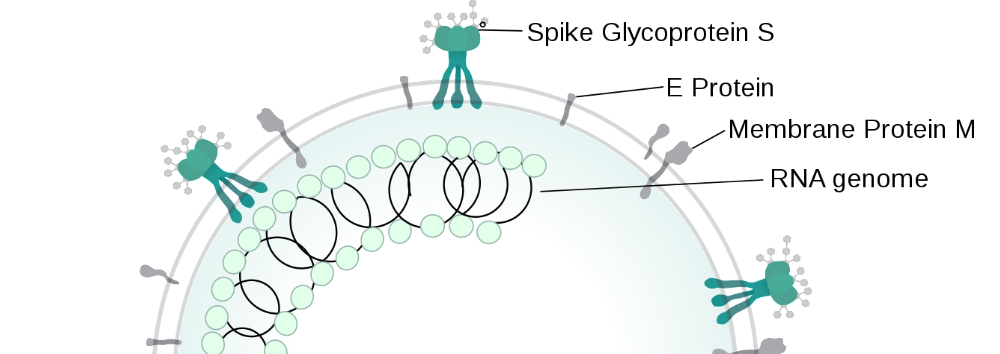As with HIV before it, Europe’s advanced neutron sources will make an essential contribution to the fight against the SARS-CoV-2 virus.
On 26 October 1895 Louis Pasteur announced to the National Academy of Science in Paris the first successful vaccination of a 9-year-old boy infected with rabies, a viral disease that up to then was considered unavoidably fatal. Viral diseases continue to haunt humanity, as demonstrated by the current pandemic of Covid-19 that strains our health systems to the limit and severely threatens the economy. However, the way we can confront our foe has improved tremendously since the times of Pasteur and this is one of the merits of modern science.
While Pasteur did not even know what enemy he was dealing with, SARS-CoV-2, the virus at the origin of the coronavirus disease, Covid-19, was deciphered immediately after its discovery. Its full genome sequence is available on the internet. This sequence and the processes developed in the context of genetic research are at the origin of the kits employed to test for Covid-19. The sequencing equally allowed expression of many of the proteins that make up the virus, and today—only three months after the discovery of the virus—the three-dimensional structures of these proteins are available. This structural information is already in use by pharmaceutical researchers hunting for the inhibitors that will impede the virus’s reproduction.
But the global race for both a vaccine and therapeutics for Covid-19 requires more than genetic information. Modern analytical tools such as synchrotron X-ray radiation, cryo-electron microscopy and neutron scattering are indispensable for important insights into the morphology and functionality of viruses. Neutron scattering’s particular role here is to provide unique information on the chemistry of enzymatic reactions that often involve proton transfer. Recent studies on HIV-1 protease, an enzyme essential for the life-cycle of the HIV virus, perfectly illustrate the case.
About ILL
The Institut Laue-Langevin (ILL) is an international research organisation that is a world leader in Neutron Science. Since its foundation in 1967, the Institute is a shining example of scientific cooperation. Presently 10 European countries (Spain, Switzerland, Austria, Italy, Czech Republic, Sweden, Belgium, Poland and Slovakia) ensure the necessary financial support for the ILL operation under the governance of 3 Associate Member countries: France, Germany and The United Kingdom. The research conducted at the ILL is dedicated to fundamental research (60%) as well as societal challenges research (40%). It covers a wide range of disciplines such as biology, (green) chemistry, materials science, condensed matter physics, as well as nuclear and particle physics.



